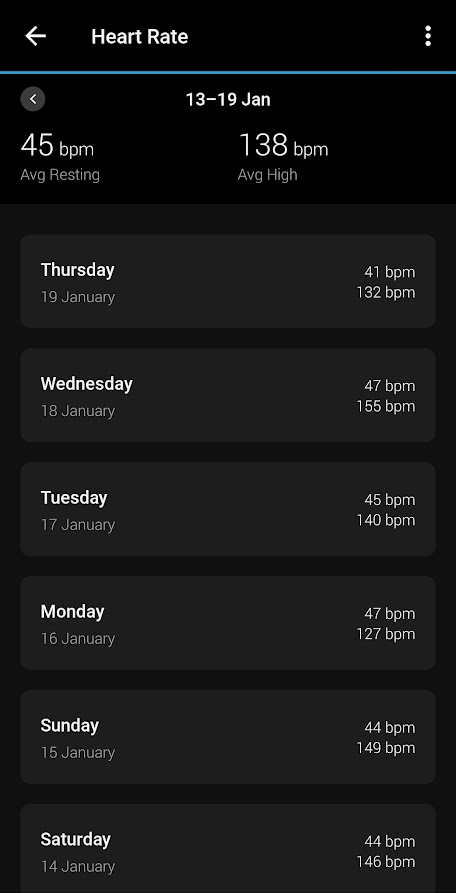
Excess of vitamin B12 may be hazardous
1. Vitamin #B12 deficiency is known to cause anemia, peripheral neuropathy, dementia, psychosis and skin pigmentation. Vitamin B12 supplementation is needed in them, however, #vitaminB12 excess may have adverse effects on health and life.
1. Vitamin #B12 deficiency is known to cause anemia, peripheral neuropathy, dementia, psychosis and skin pigmentation. Vitamin B12 supplementation is needed in them, however, #vitaminB12 excess may have adverse effects on health and life.
2. In a recent study, >5500 people (mean age 53 years) were followed up for 8.2 years.
Those with high plasma vitamin B12 concentration had 25% higher risk of all-cause death.
The mechanism of increased death is unknown.
#MedTwitter #nurtition #vitamin
Those with high plasma vitamin B12 concentration had 25% higher risk of all-cause death.
The mechanism of increased death is unknown.
#MedTwitter #nurtition #vitamin
3. Older age, high blood pressure, poorer kidney function, as well as increased concentrations of liver enzymes, were positively associated with higher plasma concentrations of vitamin B12. So, these groups should be more cautious while taking vitamin B12 supplementation.
4a. The proposed mechanisms to explain the association are that high vitamin B12 plasma concentrations may represent a response to increased release of vitamin B12 from liver storage, decreased clearance, upregulation of haptocorrin and transcobalamin synthesis.
4b. Reference
jamanetwork.com/journals/jaman…)%3Ae1919274.%20doi%3A-,10.1001/jamanetworkopen.2019.19274,-Key%20Points
jamanetwork.com/journals/jaman…)%3Ae1919274.%20doi%3A-,10.1001/jamanetworkopen.2019.19274,-Key%20Points
5a. High intake of vitamin B6 & vitamin B12 increases the risk of hip fracture in postmenopausal women.
Risk was highest in women with a combined high intake of both vitamins (B6 ≥35 mg/d and B12 ≥20 μg/d), exhibiting an almost 50% increased risk of hip fracture.
Risk was highest in women with a combined high intake of both vitamins (B6 ≥35 mg/d and B12 ≥20 μg/d), exhibiting an almost 50% increased risk of hip fracture.
5b. Reference
doi.org/10.1001/jamane…
doi.org/10.1001/jamane…
6. Take home message
*High levels of vitamin B12 in blood is associated with higher risk of death.
*Postmenopausal women taking high doses of vitamin B12 & B6 have higher risk of hip fracture.
*Avoid un-necessary vitamin B12 supplements, especially without doctor's prescription.
*High levels of vitamin B12 in blood is associated with higher risk of death.
*Postmenopausal women taking high doses of vitamin B12 & B6 have higher risk of hip fracture.
*Avoid un-necessary vitamin B12 supplements, especially without doctor's prescription.
• • •
Missing some Tweet in this thread? You can try to
force a refresh







